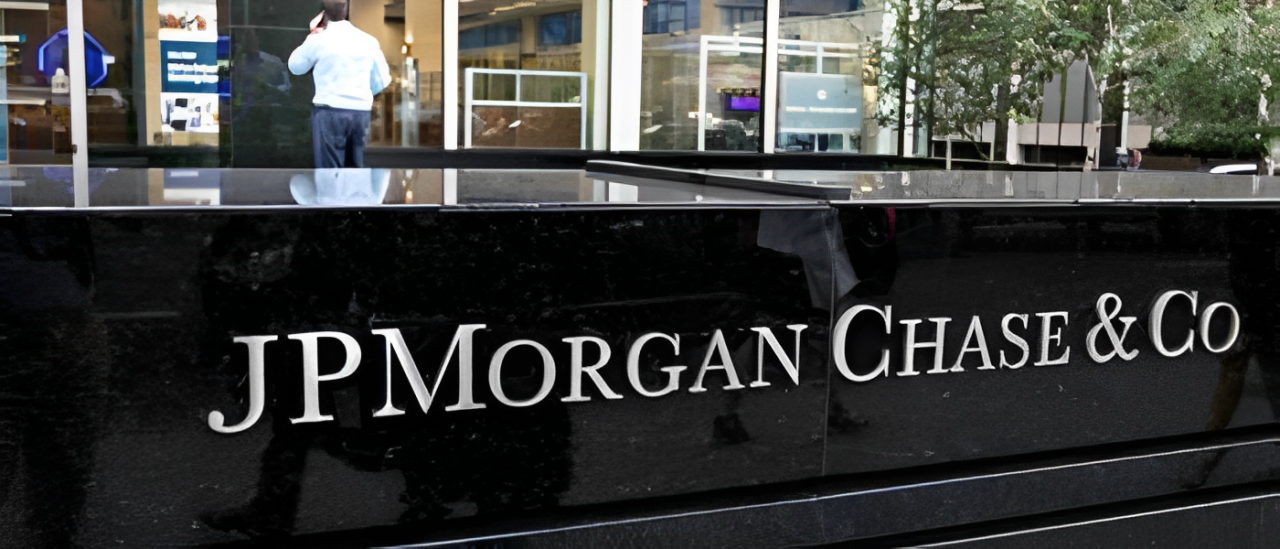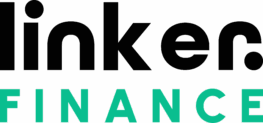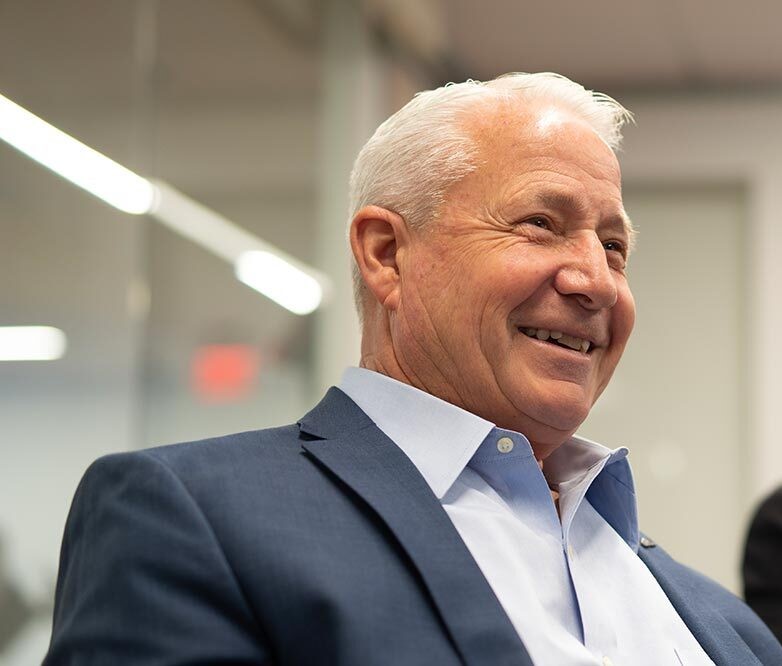In a recent article by Rajashree Chakravarty on Banking Dive, JPMorgan Chase is under legal scrutiny as the largest U.S. bank is sued over allegedly unfair fees charged to customers for deposited checks that were returned unpaid. The proposed class-action lawsuit, filed earlier this spring, has sparked a conversation about the ethicality of such charges in the banking industry.
Allegations of Unjust Charges: JPMorgan Chase’s Bounced Check Fee Lawsuit
The lawsuit, filed by five Chase customers, claims that the bank levied unfair fees of $12 when checks they deposited bounced due to insufficient funds or other errors. The plaintiffs argue that they were penalized for actions beyond their control, stating they, “… did nothing wrong, yet were penalized.”
Predatory Fee Allegations against JPMorgan Chase Under Legal Scrutiny
The complaint accuses JPMorgan of charging “unconscionable” and “predatory” fees for returned checks between November 2021 and October 2022. It also alleges that the bank made it difficult for customers to find information about these fees, which were often buried in “… dense and convoluted legal agreements or associated fee schedules.”
Seeking Justice and Reform in Lawsuit Seeking Damages for Chase Customers
The lawsuit seeks $5 million in damages for Chase customers and claims that the bank violated consumer protection laws in New York, California, Illinois, and New Jersey. Lisa Considine, an attorney representing Chase customers, told Reuters that the fees are “a pervasive and unfair industry practice.”
The plaintiffs also referenced a Consumer Financial Protection Bureau (CFPB) bulletin from October 2022, which stated that charging overdraft fees and indiscriminately charging depositor fees for bounced checks is illegal.
Fighting Back Against Junk Fees by Financial Institutions
The lawsuit comes at a time when there is a growing movement against “junk fees,” those unnecessary charges levied by financial institutions on customers.
President Joe Biden and the CFPB have called for efforts to clamp down on these fees. The Federal Trade Commission has also proposed a rule to ban surprise service fees and require businesses to disclose all fees upfront.
CFPB: A History of Fines for Unfair Practices
The CFPB has previously fined other banks, such as Bank of America and Regions, for imposing junk fees on customers. Bank of America had to pay roughly $250 million to settle claims related to bank fees, reward bonuses, and fake customer accounts. Regions were ordered to pay $191 million to resolve allegations of charging” illegal surprises” overdraft fees.
Implications for the Banking Industry
The lawsuit against JPMorgan Chase highlights the ongoing issue of unfair fees in the banking industry and the need for greater transparency and fairness in banking practices. As the case unfolds, it will be interesting to see how it impacts the industry’s approach to fee structures and customer relations. Keep reading to discover more about the lawsuit involving JPMorgan Chase and unfair fees.



















